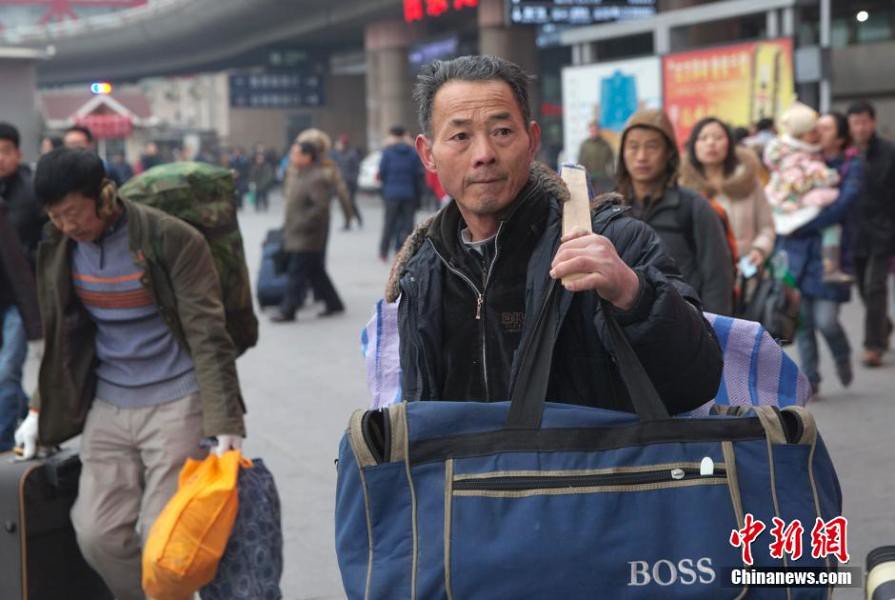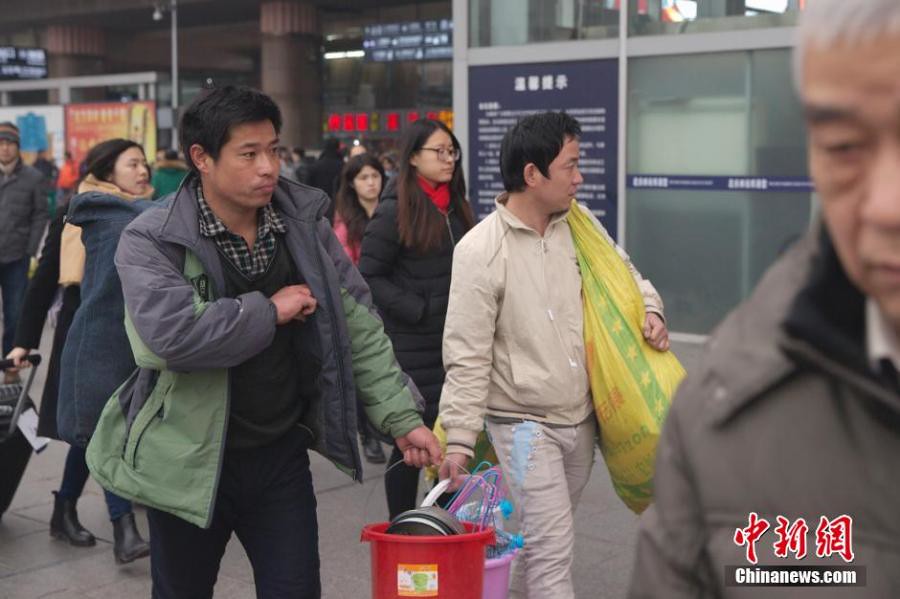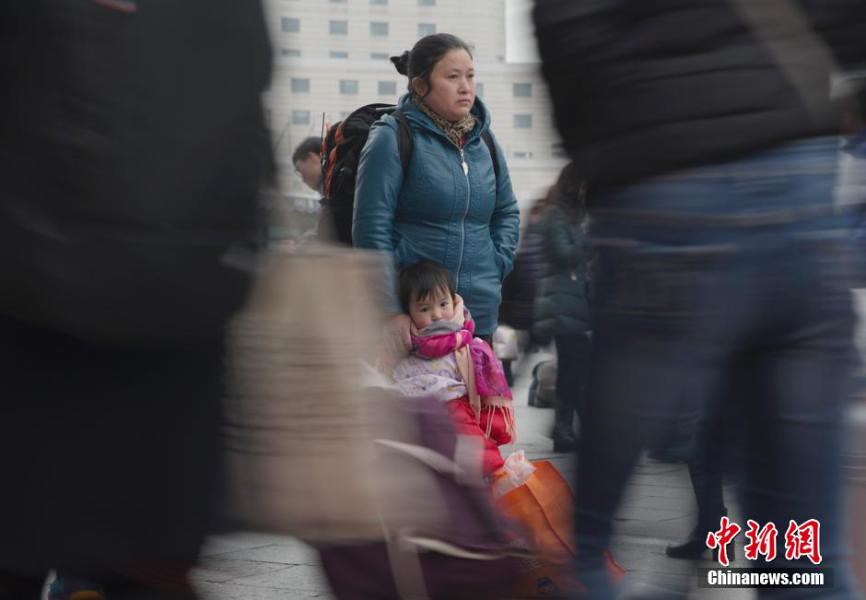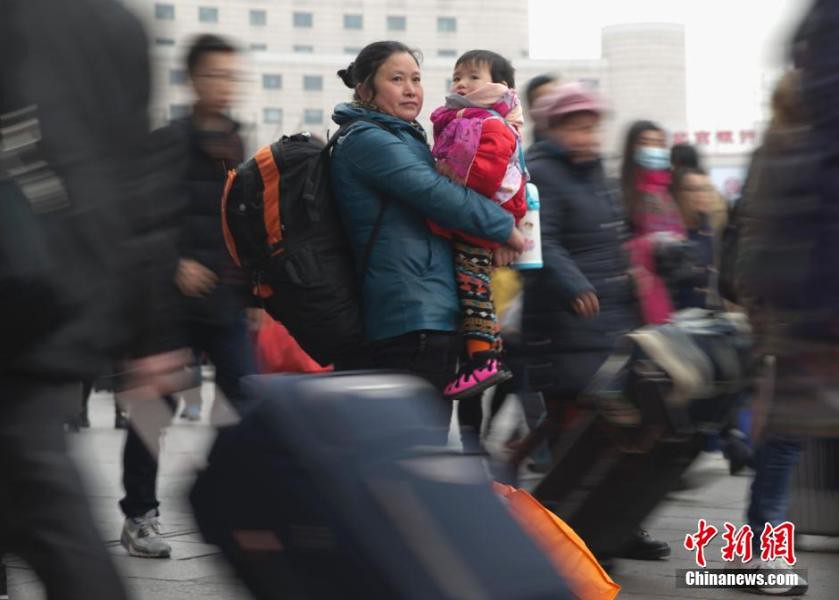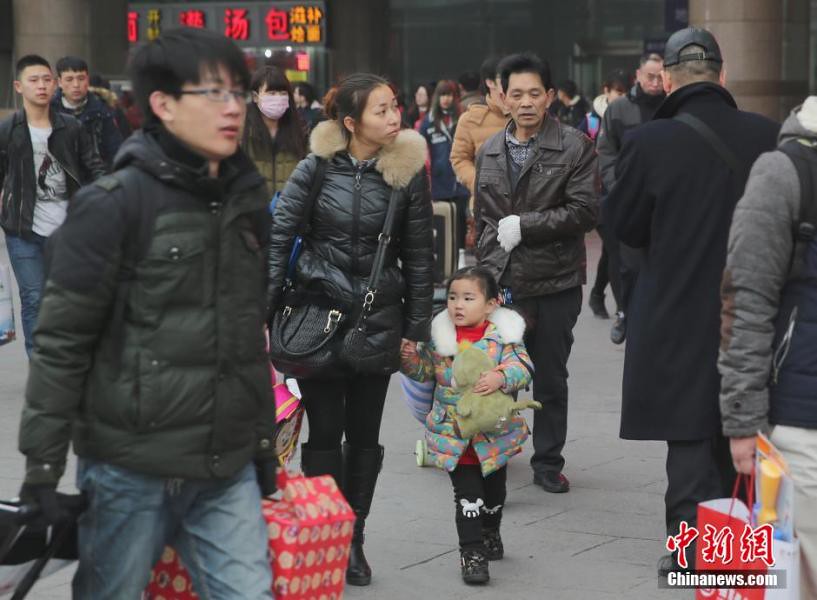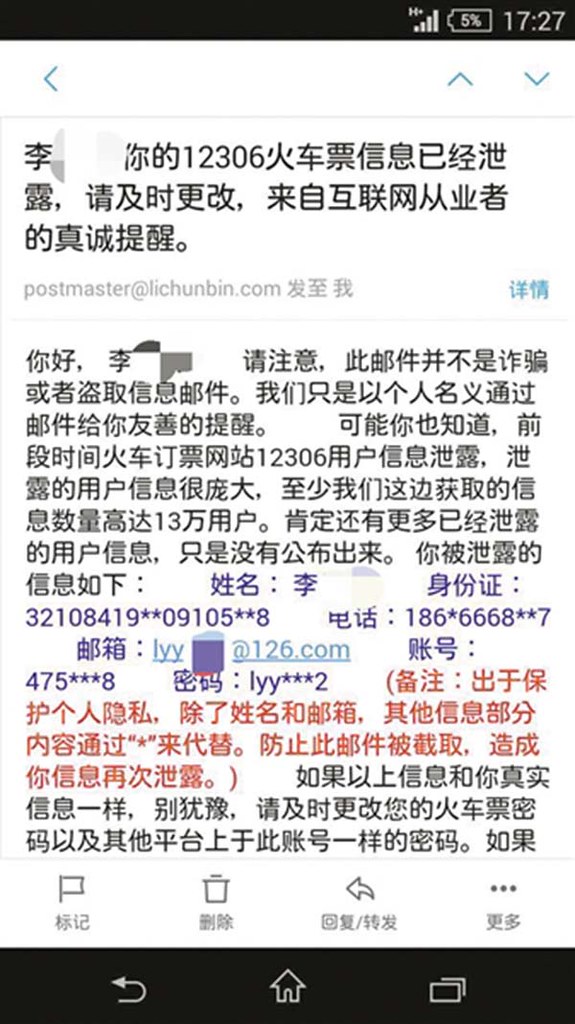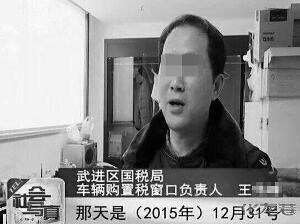
Vice President of China University of politics and law, the Chairman of the law society of China Ma Huaide, Professor
Rise and fall, along with socio-economic development, concerns the adjustment of this profound proposition discussion never stops.
Administrative Division was originally a country in order to strengthen the regime, and to divide the land and established corresponding organs of partition management behavior. But with the country's development, structure of the Administrative Division and the Division began gradually to a country's economic, social, ethnic, cultural and other fields have an impact.
In 2015, Hebei, Liaoning, Jiangxi, Hunan, Shandong and other provinces have appeared a county district, a county located city, especially in some areas of Anhui and Jiangsu, there has been a dramatic and sweeping zoning changes. Commission s counting 2015 upholding integrity
However, every time the rarely mentioned for rule of law behind administrative changes.
Recently, the China University of politics and law, Vice President, China Research Association Ma Huaide, Professor of administrative law in administrative law, the journal pointed out that existing simplified and lag, and the legal system based on the fault, which makes our administrative management often in no position, seriously affects the day-to-day management of administrative divisions.
He called for, sorted out the main legal problems facing today's administrative changes to speed up enactment of the law on administrative divisions, is to improve the system of administrative changes, the zoning setting commensurate with economic and social development priorities.
"New form of regionalization has exceeded the provisions of the Constitution"
In recent years, in many parts of the administrative building and local economic development co-ordination and not adapted to the problems of a prominent in some extent restricted the development of local economy and society.
Just like this, more and more local governments applied to the State administrative building, creating more favourable conditions for economic development.
Massive adjustment there is precedent. For example, in the 1990 of the 20th century, the number of provinces, autonomous regions, "merge" reform, administrative office into a city; such as the 20th century 80-90, a large number of counties was upgraded to city, country halt "County into a city", a large number of counties into districts.
In addition, the administrative division system in China is also growing, "City", "City", "Deputy provincial city", "MC", Division of new forms are emerging.
According to Ma Huaide introduces, at present, the main program is based on the norms of administrative division in China in 1985, the State Council published the provisions on the management of administrative divisions of the State Council (hereinafter "the regulations") and the Ministry of Civil Affairs issued in 2004, the Ministry of Civil Affairs on Administrative Division adjustment change approval process and disciplinary regulations. "But as the two key provisions of the existing administrative changes, content is too poor, lagging behind".
In fact, he pointed out that for a long time, administrative division of management depends on the policy and administrative measures of control, rely on the approval of the Central Government and provincial government, and lack of the rule of law thinking based on management according to law. Imposed on administrative policy control to central places, control of superior to subordinate, but its lack of stability and predictability, randomly chosen.
As China's first administrative litigation law PhD, Ma Huaide directly involved in the legislative act, the administrative licensing law, the administrative enforcement Act, such as the drafting of a number of laws, also gave talks to ministries and local government administration.
Ma Huaide said sets of administrative division in China has long been out of the provisions of the Constitution. For example, the jurisdiction of the prefecture-level city districts, municipalities directly under the jurisdiction of County, city and Township District jurisdiction is the Constitution does not provide for but ubiquitous.
He suggested that the rule of law, matters related to the Administrative Division, consists of a State Constitution or constitutional laws to regulate them. But because of the Constitution's level was too high and difficult to modify, make practice often yield some administrative divisions set the constitutionality of controversial. Regardless of the jurisdiction of the prefecture-level city district objectively the advantages and disadvantages of the system, whether the jurisdiction of the prefecture-level city district at the legal level in accordance with the provisions of our Constitution, there is a great deal of controversy.
"Isolation-level decision is conducive to overall planning, but also affects local autonomy"
Under the provisions of the Constitution, decisions of the State Council of provinces, autonomous regions and municipalities of the region, decided to build of autonomous prefectures, counties, autonomous counties, cities and regions; people's Governments of provinces, autonomous regions and municipalities directly under the decision townships, nationality townships, and towns of the establishment and geographic division.
This is called "isolation level decision", but also change the main system of administrative division in China.
In practice, the change of China's administrative divisions in most cases is entitled to pursuant to parts of the application, to make changes to administrative decisions. But sometimes, the superior needs from the perspective of strategic development, regional economic coordination and unified planning and deployment to the region, so as to lower-level administrative divisions of the trespass.
Trespass and request changes in the approval procedure are different. It is often superior authority or administration proceeding from the overall interest of regional, subordinate authorities and administrative bodies apply for administrative divisions where change is not directly change the establishment and geographic division of lower-level administrative division.
Ma Huaide said, "theoretically, isolation-level decisions are more conducive to overall planning and balance to the interests of the game. But in practice, every decision also affects the local autonomy of zoning changes management and decision powers, have had a very negative impact. "
2010 year in Dongcheng and chongwen district merged, merged with the Xuanwu District, Xicheng District, for example, proposed Ma Huaide, although this adjustment by the central decision, Beijing Municipal Party Committee organization-specific implementation. However, until the State Council issued official reply of the State Council concerning the approval of adjusted administrative division in Beijing, the Beijing Municipal People's Congress and its Standing Committee have not been any opportunity to express their views, other State organs, the overwhelming majority of the people in Beijing did not know, a kind of "suddenly" feeling.
Ma Huaide, the changes exposed the isolation level of administrative division in Beijing decided to ignore the issue of local autonomy, "in situations of isolation levels trespasses, should respect the independent authority of the place, by the local authority for the area's important Affairs to make a final decision. State in Dongcheng and chongwen district merged, Xicheng and Xuanwu District merged, should the final decision by the Beijing Municipal People's Congress. "
At present, the changes mainly depends on the executive authorities of the administrative divisions of application, examination and approval of internal procedures, are not open to the public, lack of democratic participation and demonstration and so on. Adjustment of Beijing 2010 also exposes problems in that area.
Ma Huaide said that in China, established the citizen participation mechanism of administrative changes should be realized through the procedures for information disclosure and to listen to public views. Government information open and listen to the views of modern rule of law in the formulation of public policy, public affairs or take the public action procedures that must be followed.
"Traditional Chinese administrative divisions on the Administration focused on the Central Government, is not suitable for the current centralized management mode of regional economic and social diversification, differences in needs and the development of democratic ideas, exposed many shortcomings, in need of reform. "He suggested.







